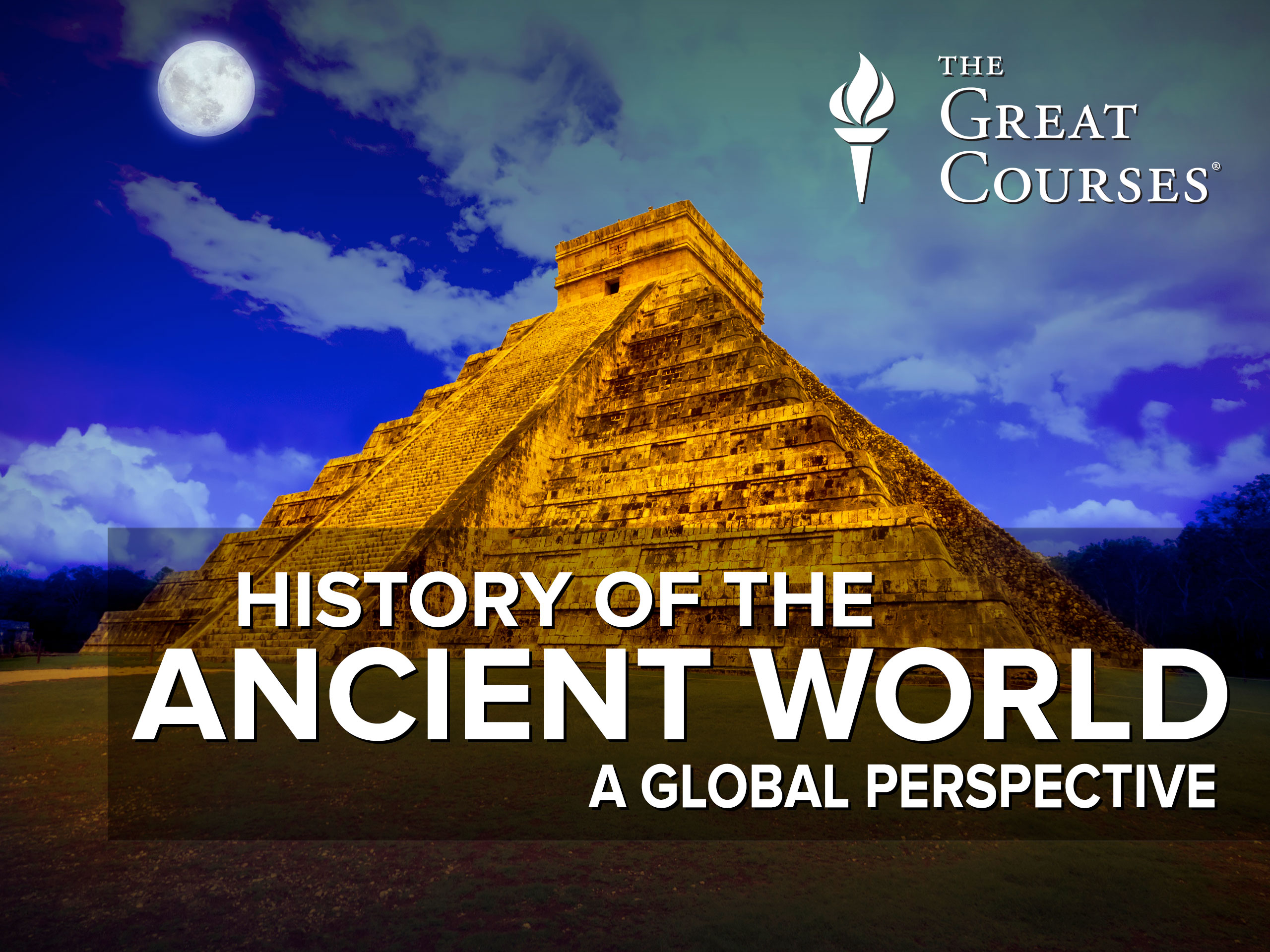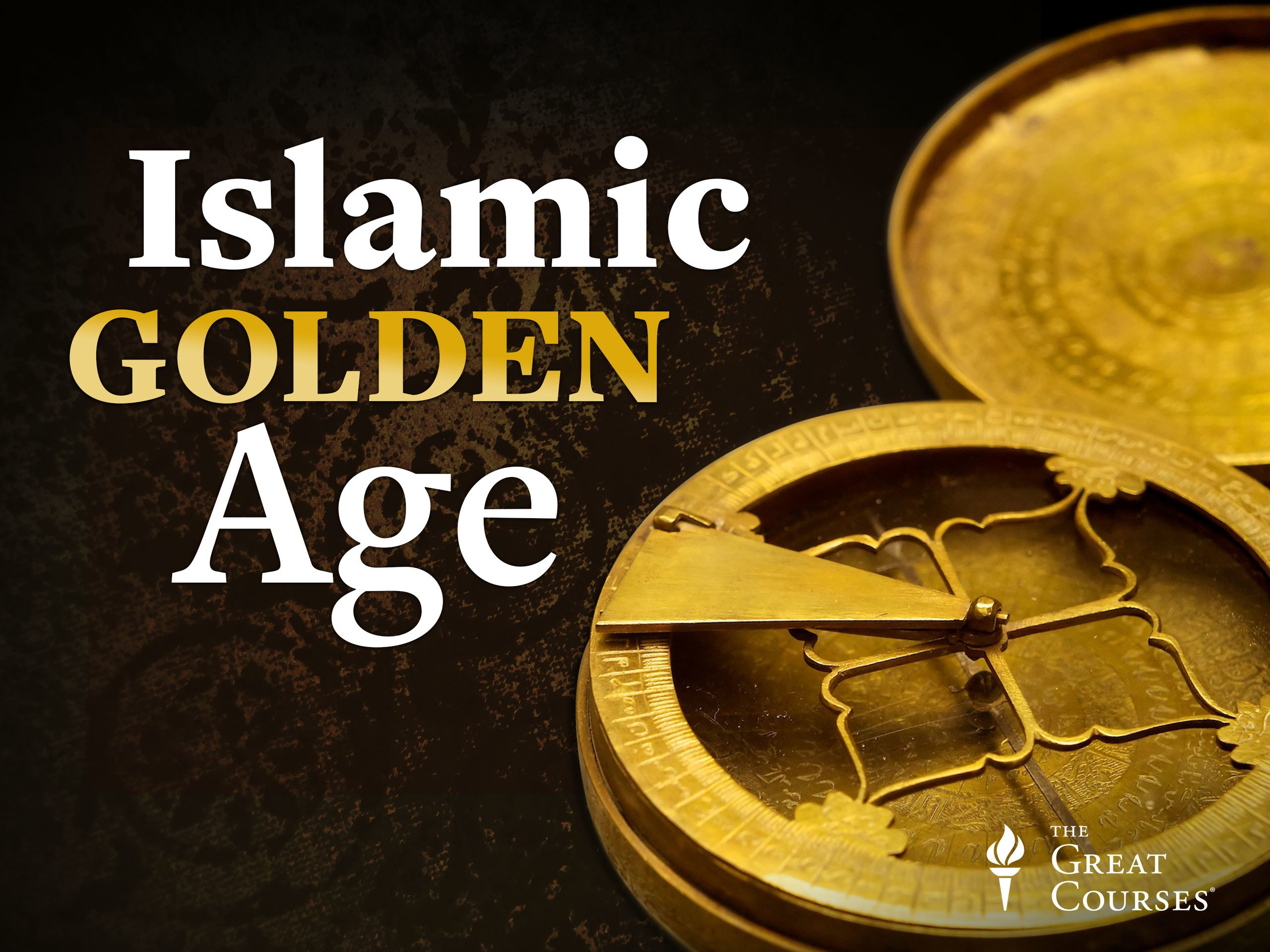Lecture
Your introduction to Egypt reveals a civilization irrevocably shaped by geography. You learn how the Nile's predictable annual flooding of its banks, though creating a fertile strip amounting to only 3% of Egypt, permitted civilization to thrive in what was otherwise an uninhabitable desert.
The lack of geographical barriers made it difficult for even the most powerful cities to retain their power. See how a succession of empires rose and fell, leaving behind legacies ranging from the use of intimidation in warfare to seafaring, astrology, mathematics, and a systematic legal code.
The course's first civilization reveals a theme that will appear again and again. Grasp the critical role of geography and resources in shaping not only Mesopotamia's method of subsistence, but also its religion, structures, empire, and means of leaving its written record.
Learn about the different kind of approach the course will take in its explorations of the ancient world and hear a story that perfectly illustrates the risks inherent in letting one's own cultural biases and limited perspective overly influence the interpretation of archaeological discoveries.
Conclude your survey of the Islamic Golden Age with a big-picture look at what followed, including the rise of the Ottoman Empire, the Black Death, and the emergence of gunpowder. While golden ages must inevitably subside, this final lecture gives you the opportunity to reflect on one of the most stunning eras in all of human history.
Scholars conveniently cite the Mongolian sack of Baghdad in 1258 as the end of the Golden Age, but as you have seen in this course, the truth is more complex. Consider several reasons why the era came to an end-including outside invaders, shifting finances, changes in faith, and plain old human folly.
We're all familiar with the geometric designs of the mythical flying carpets, but there is an astounding array of Islamic art from the period. Here is your chance to revel in the fine arts of the Islamic Golden Age, which in addition to geometric patterns, included stunning calligraphy, plant or vegetal designs, and figurative representations.
Shift your attention from the great minds of the Golden Age and find out how people of the time relaxed. As you learn about the era's food and music cultures, you'll uncover quite a few surprises-such as the origins of the traditional three-course meal. You'll also discover that celebrity cookbooks promoting the latest dietary fad are not a modern invention.
Ibn Sina-or Avicenna-is arguably the most important philosopher in Islamic history, as well as one of the most influential thinkers of all time. Find out what makes him such an important figure in the history of philosophy, and how he built on the tradition of Aristotle. Then shift your attention to his arguments in the realms of ontology and cosmology.
Examine the lives and work of three powerful poets: Abu Nuwas, Abu Tammam, and al-Mutanabbi. Reflect on the role of poetry in the Golden Age, including forms and subject matter, and examine the relationship between poetry and the multicultural world of the Abbasid Empire.
The development of architecture is a gradual process of shifting styles from one generation to the next, and the 500 years of the Islamic Golden Age gave the world striking advancements in both religious and military architecture. Here, tour the architecture of great mosques and arches, and see how the era influenced the later European Gothic Revival.
From water fountains to self-playing musical instruments, the Golden Age saw an astounding amount of ingenuity. Take a look at a few of the era's most interesting and delightful inventions and automations, and then examine the life and work of al-Jazari, who today is considered the father of robotics.""
The 12th century Jewish scholar Moses Maimonides offers great insight into the relationship among the three Abrahamic religions-Judaism, Christianity, and Islam. Delve into the politics of Cordoba in Andalusia, Spain, during the Golden Age, and then consider Maimonides' scholarship-including his philosophy about the relationship between faith and reason.
The Middle East's river systems and irrigation methods were vital for the Abbasid Empire to thrive. After learning about the geography and agricultural techniques of the Golden Age, you'll turn your attention to the link between agriculture and politics-and round out your study of water with a look at some beautiful gardens.
The word scientist" wasn't invented until the 19th century, but we would nonetheless apply the word to the many scientific thinkers of the Golden Age. Here, you'll witness the process of experimentation that was the start of the scientific method, and you'll see how scientists of the time advanced the field of chemistry."
Continue your study of the Golden Age's many scientific achievements with a look at the development of medicine and the rise of what today we would call the teaching hospital. Along the way, you will encounter one of the greatest medical minds of all time, Ibn Sina (better known in the West as Avicenna).
It would be difficult to overstate the importance of the Islamic Golden Age on the field of astronomy, as evidenced today by the number of stars with Arabic names. Focusing on the work of three Islamic astronomers, you'll explore the difference between astronomy and astrology, and unpack the many scientific advancements of the era.
This lecture introduces you to al-Biruni, a scholar and polymath who left a mark on physics, math, astronomy, geography, anthropology, history, and much more. Born in modern-day Uzbekistan, his pursuit of learning and dissemination of knowledge is unparalleled. See what made his scholastic approach and his research methodology so groundbreaking.
Al-Haytham's seven-volume Book of Optics is one of the most fascinating works of scientific enquiry in the Golden Age. After reviewing the wider context of Cairo in the 10th century, delve into al-Haytham's experimentation with optics and the eye. Find out why many modern scholars have called him the world's first true scientist.
Examine the life and times of one of the era's great travel writers. Following the journey of al-Masudi gives you a broad tour of the Islamic Golden Age and its history. After reviewing his biography and reflecting on his reasons for traveling, you will survey the many subjects he wrote about, from geography and geology to the strategy of backgammon.


